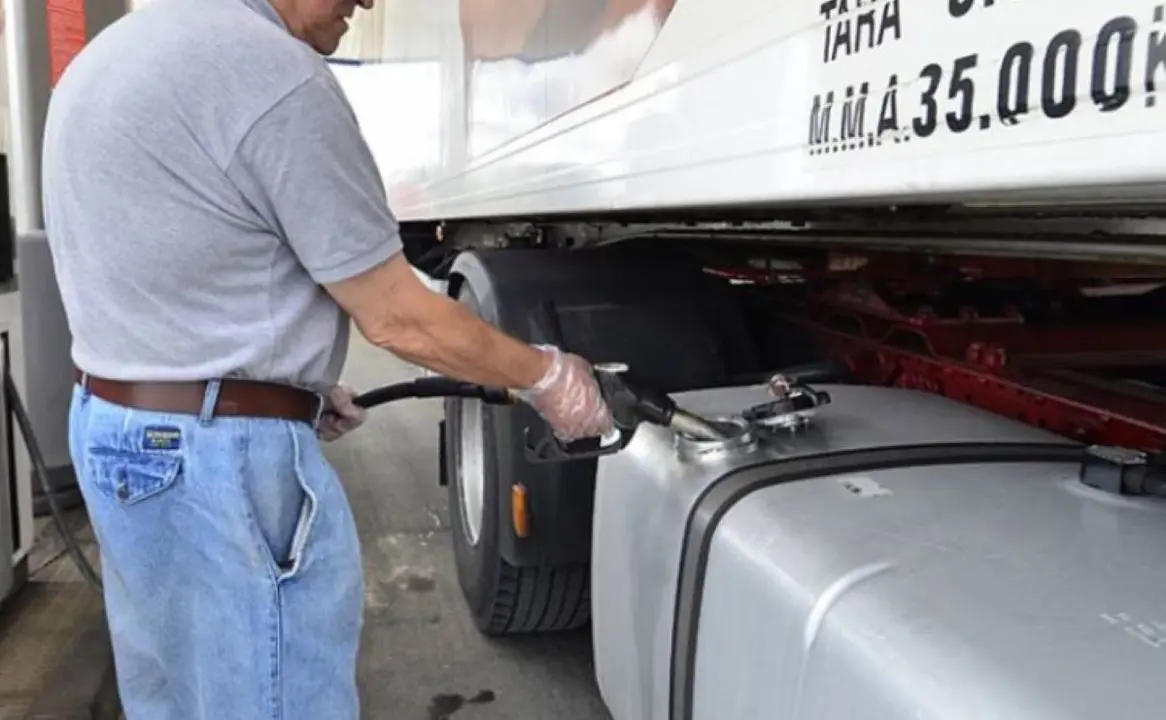Introduction to Diesel Taxation in Spain
The European Commission has made its perspective clear regarding the taxation of diesel and gasoline in Spain, setting the stage for potential shifts in policy that could reverberate through the logistics sector. This article delves into the implications of these changes for businesses and consumers in Spain, painting a picture of the economic landscape that could unfold as a result.
The Situation at Hand
Spain finds itself in a precarious situation, having to align its diesel taxation policies with European standards. The central government has recognized the necessity of complying with the European Commission’s directives, particularly when billions of euros in funding depend on adherence to these rules. The notion of equating the fiscal burdens on diesel and gasoline, often termed as an “environmental commitment,” resonates uneasily with the populace, as it threatens to inflate costs further.
Political Challenges and Public Reception
The proposed adjustments haven’t been received warmly. The government faced significant opposition from various political factions during discussions about transitioning to equal tax rates for diesel and gasoline. The public sentiment appears to lean heavily against this change, with worries about the financial burden that increased fuel prices would bring.
Financial Implications of Tax Adjustments
Despite the government securing the latest tranche of EU funds, Spain was penalized financially for failing to meet prior commitments, suffering a deduction of €1.1 billion. This penalty largely stems from an unmet obligation to raise the tax on diesel fuel, which remains significantly lower than its gasoline counterpart.
The Immediate Impact on Consumers and Transport Companies
As the diesel tax alignment inches closer to reality, consumers and logistics companies should brace for rising operational costs. This change is poised to hit the transportation sector hard, as the expense of fuel forms a substantial portion of logistics expenditures.
- Fuel cost hikes affect both personal and commercial transportation.
- Transport businesses may be forced to pass on the increased costs to consumers, affecting overall pricing structures.
Taxation Motivations: Environmental and Revenue Perspectives
The rationale behind the European Commission’s push to harmonize fuel taxes revolves around two main objectives: increasing tax revenues and furthering the much-discussed goal of decarbonization. By phasing out cheaper diesel and incentivizing less polluting fuels, the Commission hopes to achieve a notable reduction in carbon emissions.
The Future of Fuel in Transportation
Should the proposed tax changes come into effect, a potentially transformative phase awaits the transportation industry. The question remains: Will logistics providers be willing to adjust their pricing structures to accommodate these hikes? Or will the burden ultimately fall upon the consumer?
As fuel pricing fluctuates, the adoption of electric heavy-duty vehicles becomes a pressing topic of discussion. However, current market conditions show a slow uptake of electric trucks, with the data revealing merely 88 electric trucks registered in the first half of 2025. This figure becomes even more stark against a backdrop of over 14,000 heavy vehicles sold in total during the same period.
Commercial Vehicle Landscape and Transition Challenges
Commercial vehicles are gradually seeing an uptick in demand for electric options, with a noteworthy 61.3% increase in sales in the first half of the year. However, it’s essential to note that these electric options still represent a minimal portion of overall sales, indicating that the shift in commercial vehicle power sources is far from complete.
Cost-Sharing Dilemma
As Spain inches closer to implementing the new tax measures, logistics companies will face tight margins due to rising operational costs. There’s a significant concern about who will ultimately bear this added expenditure — will the load fall on shippers, or will end customers see even higher prices for everyday goods?
| Impactgebied | Potential Outcome |
|---|---|
| Consumer Pricing | Increased prices on consumer goods |
| Transport Margins | Reduced profit margins for logistics companies |
| Electric Vehicle Adoption | Slow growth in the uptake of electric vehicles |
Concluderende opmerkingen
As the logistics sector gears up for what seems to be unavoidable changes, it’s pertinent to remember that adjustments in fuel taxation can have far-reaching implications on the industry. Adapting to these changes won’t merely involve proposals but tangible actions by transport companies to manage the challenges of rising costs in fuel. Personal experiences and the current state of the market may shed light on how effectively these predicted changes will unfold.
Although insightful analyses and reviews provide a deep understanding of the economic ramifications, firsthand experience will always tell the complete story. For logistics requirements, GetTransport.com presents an efficient and affordable platform for cargo transportation solutions globally. The platform’s versatility caters to diverse needs—from office relocations to bulky freight transport—providing a straightforward way to navigate through your logistics needs.
Ultimately, these developments in fuel taxation present both challenges and opportunities for innovation within the logistics sector. To capitalize on the evolving landscape, consider harnessing the effectiveness, transparency, and affordability presented by GetTransport.com for all your transportation needs. Book your cargo transportation with GetTransport.com today!

 De maatregel van de Europese Commissie om de dieselaccijnzen in Spanje gelijk te trekken en de gevolgen voor de logistiek">
De maatregel van de Europese Commissie om de dieselaccijnzen in Spanje gelijk te trekken en de gevolgen voor de logistiek">